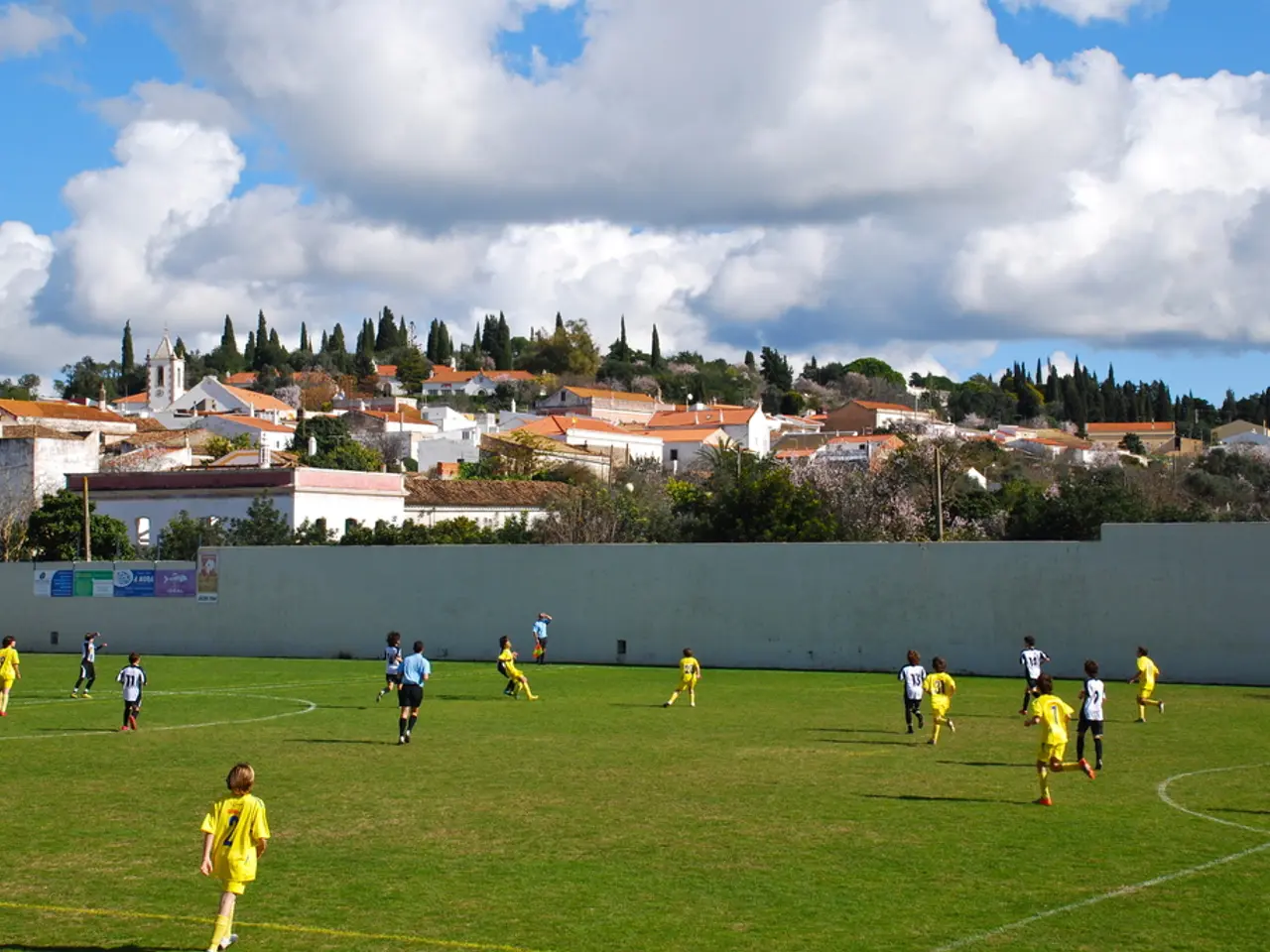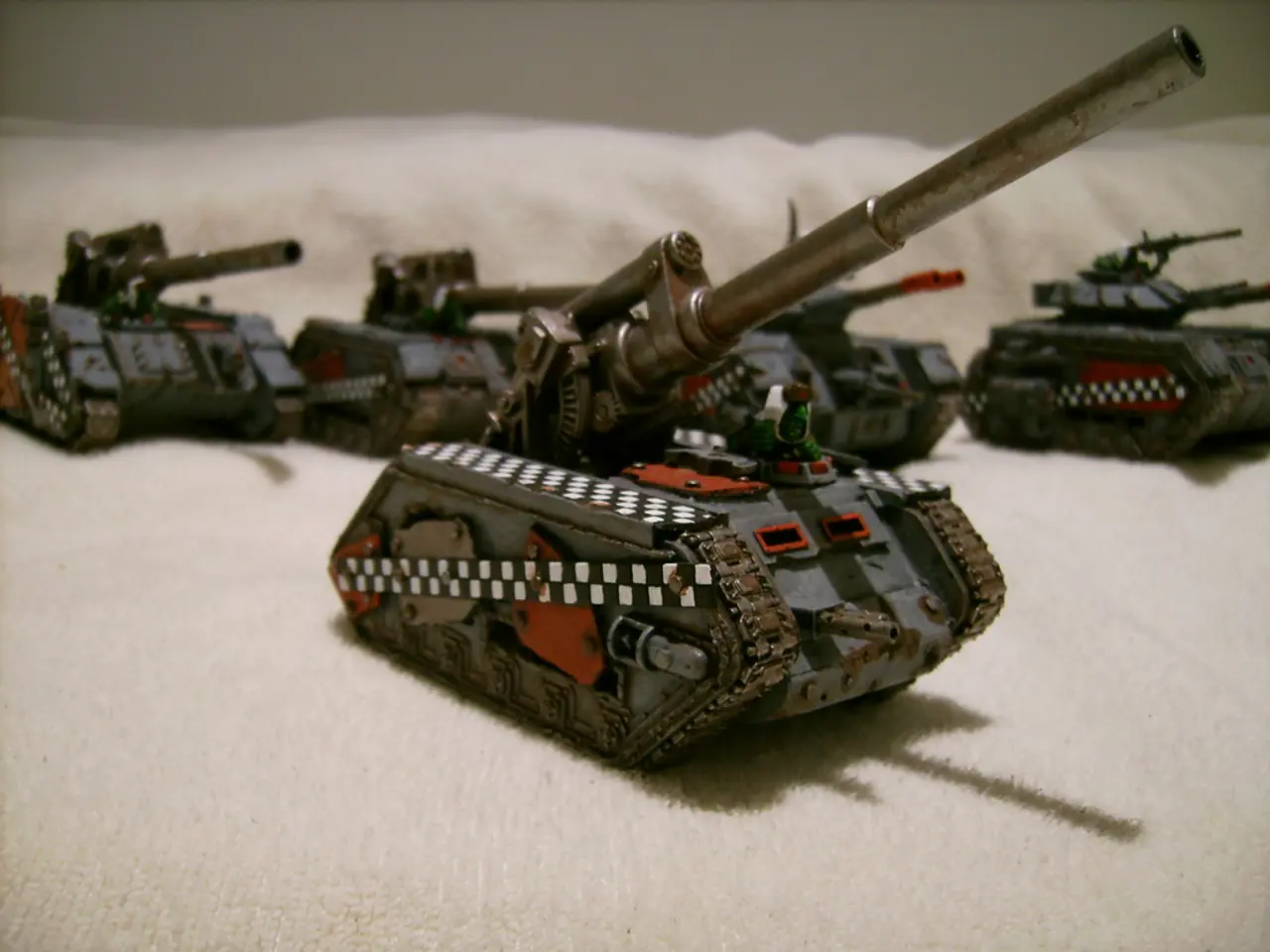Unspeakable Terror Hides in Execution Chambers of Iran's Clerics
Title: The Brutality of Iran's Death Cells: A Tale of Persecution and Violations
By Lea Verstl
The prison walls of Ghezel Hesar, a notorious death row prison in Iran, imprison Mehdi Hassani - a man sentenced to death for speaking against the oppressive regime. His daughter Maryam, who now resides in Germany, shares her heart-wrenching account of his horrific ordeal at the hands of Iran's mullahs.
September 6, 2022, was the last time Maryam saw her father, Mehdi Hassani. Initially, his whereabouts seemed unknown, but shortly thereafter, a chilling letter arrived from Iranian authorities, confirming his arrest and transfer to Evin Prison in Tehran. Since her childhood, Mehdi had been a fierce critic of the Iranian regime. Now, he finds himself in Ghezel Hesar, a prison infamously known as the last stop before the gallows.
The UN presents a damning report this week, detailing executions that reached a terrifying high last year. Over 975 people were executed in Iran, making it the highest number since 2015, according to UN Deputy High Commissioner for Human Rights, Nada Al-Nashif. Many prisoners endure brutal torture before their eventual hanging.
Mehdi Hassani sustains severe injuries to his neck, back, and feet in the clutches of detention. The medical care he so desperately needs is cruelly denied to him, leaving him to rot in pain. Among the grotesque torture methods inflicted upon him, Maryam recalls instances of psychological coercion. Prison officials threatened to harm his family to force him into making false confessions. Most dreadful of all, they threatened to rape her eight-year-old brother.
Independent verification of Maryam's statements is impossible due to the limited access to death row prisons like Ghezel Hesar. Visits from family members, including Maryam, her two siblings, and her mother, are strictly prohibited. Contacting him is an arduous task, possible only through rare phone calls.
After her father's arrest, the 24-year-old Maryam flees to Germany. Leaving her mother and siblings behind in Iran, she continues to rally against the Iranian regime globally. Currently, at least 55 political prisoners face the grim prospect of execution, she warns.
The Iranian regime continues to inhumanely treat, imprison, and execute its critics. Amnesty International's comprehensive report elaborates on the alarming prevalence of executions in the country. The report indicates that over half of the executed individuals were charged for offenses that do not qualify as capital crimes under international law, such as drug offenses and vague charges that do not align with the principle of fairness, like "unbelief" and "corruption on earth."
Politically active and passionate, Maryam continues her father's legacy by advocating for the release of every political prisoner. On May 20, she and many others will march the streets of Germany to press the federal government to link the ongoing negotiations with the Iranian regime with the release of political prisoners.
- Iran Conflict
- Death Penalty
- Human Rights
- Political Dissidents
- Detentions
- Torture
- Disappearances
- Executions
- International Law
Enrichment Data:
- Iran's Ongoing Brutality: Despite international outcry and condemnation, Iran's regime continues to perpetrate widespread human rights abuses, targeting political dissidents, ethnic minorities, women, and minors.
- Predominant Human Rights Violations: Among the most frequent human rights violations in Iran are mass executions, use of torture, suppression of basic freedoms, gender discrimination, and the marginalization of ethnic and religious minorities, particularly Baluchis, Kurds, and Afghan nationals. Executions for drug offenses, often not qualifying as capital crimes under international law, continue to account for a significant proportion of cases. Women and minors are disproportionately affected, with documented cases of forced confessions and secret executions linked to the 2022 uprising.
- Majority of Execution Cases: A majority of executions in 2025, particularly of political prisoners and marginalized communities, are linked to the government's brutal anti-drug policies and crackdown on dissent.
- Increased Risk of Executions: The escalating political repression, secretive trials, and use of the death penalty against political opponents heighten concern for the safety of political prisoners on death row, including Mehdi Hassani.
- The ongoing conflict in Iran continues to be marked by widespread human rights abuses, including the persecution of political dissidents, as highlighted in the recent case of Mehdi Hassani, a man sentenced to death for his criticisms against the regime.
- The escalating political repression and use of the death penalty against critics, such as Mehdi Hassani, has led Amnesty International to report an alarming prevalence of executions in Iran, many for offenses that do not qualify as capital crimes under international law, like those based on political beliefs or drug offenses.






